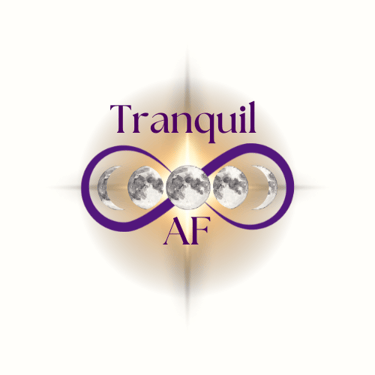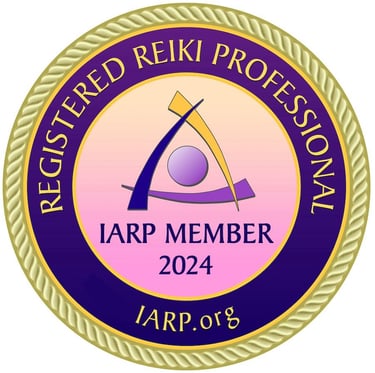Reiki and Religion: Complementing, Not Competing with Spiritual Beliefs
Uncover how Reiki, a universal energy healing practice, complements rather than competes with various religious and spiritual beliefs. This blog post explores how Reiki’s principles align with many faith traditions, offering a harmonious approach to healing that respects and enhances your personal spiritual journey.
REIKI
Crystal
8/31/20232 min read


Introduction: Reiki, a gentle energy healing practice, is often misunderstood as being in conflict with religious or spiritual beliefs. However, Reiki is not tied to any specific religion and can complement a wide range of spiritual paths. In this blog post, we’ll explore how Reiki works in harmony with religious beliefs, enhancing rather than competing with your spiritual practice.
Understanding Reiki: Reiki is a Japanese healing technique that involves channeling universal life energy to promote balance and well-being. This energy, often referred to as "ki," "chi," or "prana," is considered to be the life force that flows through all living beings. Reiki practitioners use this energy to support the body’s natural healing processes, promoting relaxation, reducing stress, and enhancing overall health.
Reiki and Religion:
Universal Energy and Divine Connection:
Reiki is based on the universal life energy that flows through all living beings. Many religions and spiritual traditions acknowledge the existence of a divine or universal energy, often referred to as God, Spirit, or the Divine. Reiki can be seen as a way of tapping into this energy, enhancing one’s connection to the divine supporting spiritual growth.Non-Denominational Practice:
Reiki is not affiliated with any religion, making it accessible to people of all faiths. Whether you are Christian, Buddhist, Hindu, Muslim, or follow another spiritual path, Reiki can complement your religious practices without conflicting with your beliefs. It is a spiritual practice focusing on healing and well-being, rather than religious doctrine.Enhancing Spiritual Practices:
For many, Reiki is a tool that enhances their spiritual practices. It can deepen meditation, prayer, or other forms of spiritual devotion by promoting a calm and centered state of mind. Reiki can also support spiritual healing, helping individuals release emotional blockages and connect more deeply with their faith.Respecting Personal Beliefs:
Reiki respects the individual’s beliefs and does not impose any specific ideology. It is a practice that encourages each person to connect with their understanding of the divine, making it a versatile complement to various spiritual traditions.
How Reiki Complements Religious Practices:
Promoting Peace and Compassion:
Many religious teachings emphasize the importance of peace, love, and compassion. Reiki aligns with these values by promoting inner peace and healing, helping individuals embody these qualities in their lives.Supporting Healing and Well-Being:
Religious traditions often include practices for physical, emotional, and spiritual healing. Reiki supports these goals by providing a gentle and effective method for reducing stress, promoting relaxation, and enhancing overall well-being.Fostering a Deeper Connection to the Divine:
Reiki can help individuals feel more connected to the divine or spiritual source, enhancing their sense of faith and spiritual fulfillment. This deeper connection can lead to greater inner peace, clarity, and purpose.
Conclusion: Reiki is a non-denominational healing practice that complements rather than competes with religious beliefs. By promoting peace, compassion, and well-being, Reiki aligns with the core values of many spiritual traditions. Whether you are seeking to deepen your spiritual practice or enhance your overall well-being, Reiki offers a harmonious approach that respects and supports your individual beliefs. If you’re curious about how Reiki can complement your spiritual journey, consider exploring this gentle practice with an open heart and mind.


